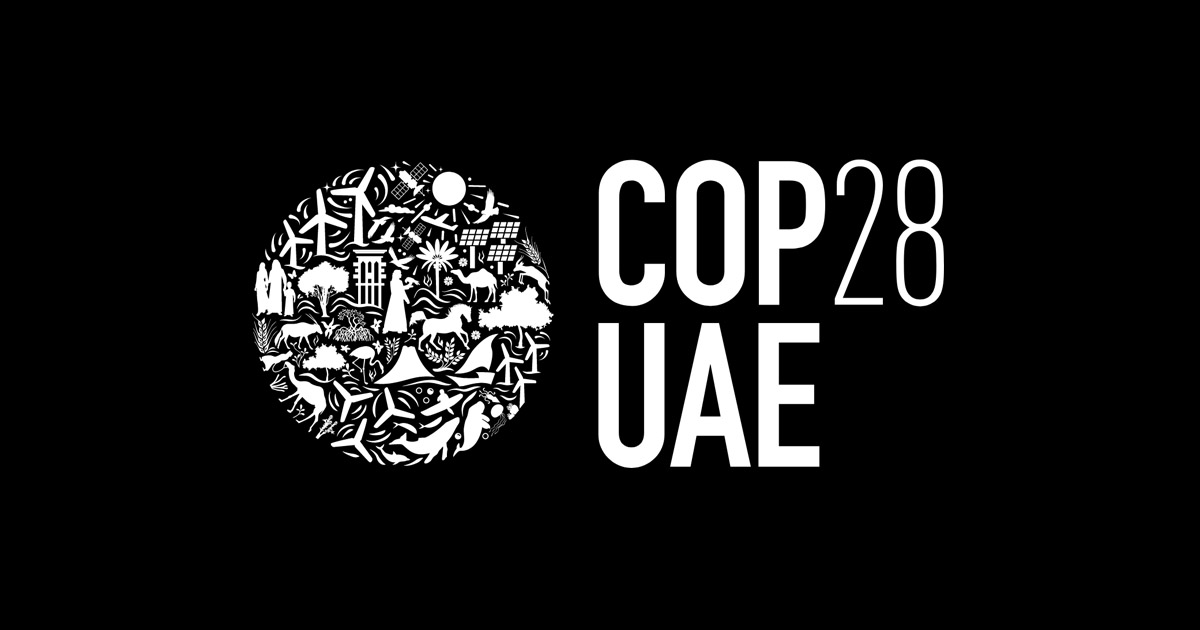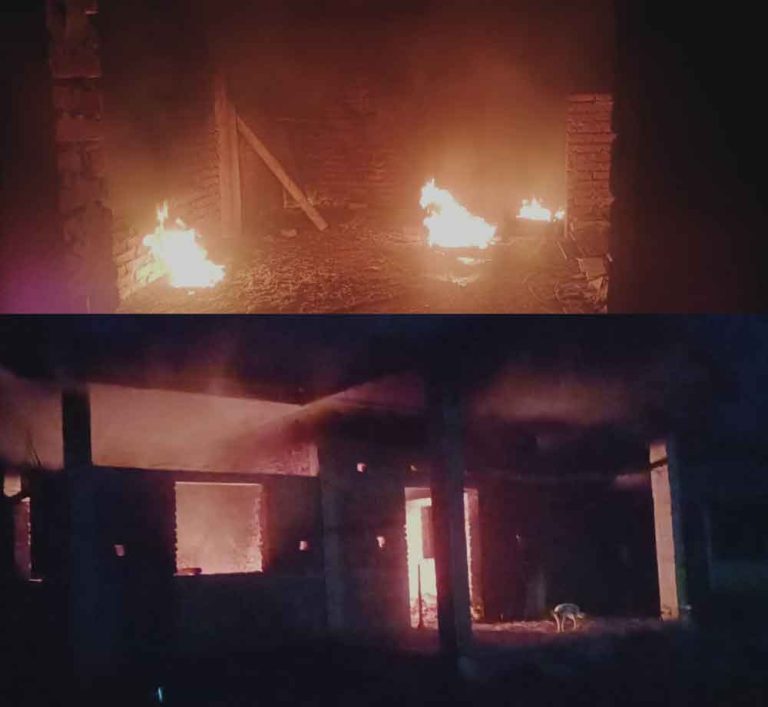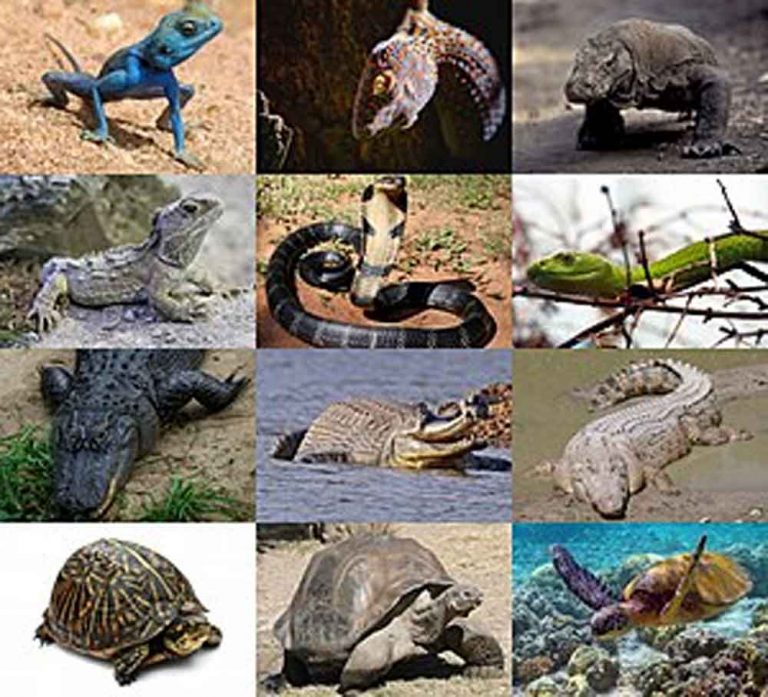N. Munal Meitei, Environmentalist
nmunall@yahoo.in

COP-28 began in Dubai on November 30th, one of the gleaming cities built on the wealth of fossil fuels that sparked outrage among environmentalists. The region is short on water and home-grown food. The rising heat of summer is becoming inhumane. And the city built on these desert sands is again at risk from the rising sea level.
Amid the summit’s myriad technical and procedural goals, three big topics cry out for action. The first is the task of cracking down on emissions of methane, an overlooked greenhouse gas (GHG). The second is the need to fill massive shortfalls in climate finance. And the third is an ideological battle over how and how fast to end the use of fossil fuels. The outlook for meaningful progress can be summed up as good, bad and ugly, respectively.
As per Fred Krupp, head of EDF, methane is the single fastest opportunity available to slow down global warming as methane neither vented nor flared. The UN has also agreed to strictly curb on methane emissions from fossil fuels and other sources.
The prospects for improved climate finance are gloomier. Emerging economies will complain about the failure of the rich world to keep their promises. The $100bn that was due to have been provided by 2020 by rich countries has yet to fulfill. At COP27 in Cairo, the loss and damage fund was agreed in principle, to compensate vulnerable countries which contribute the least emissions. Thus, the member countries should contribute their funding at this COP28.
The calls for $100bn is just a tip of the iceberg compared with the trillions of dollars needed annually by 2030 to transform energy systems, mostly in energy-hungry economies of the developing countries. Therefore UAE should play a catalytic role on launching a $25bn climate-finance this time.
The third arena of battle is the ugliest. Much blood is needed over the question of whether fossil fuels should be phased out and increase the use of abatement technologies like capture and storage of GHG emissions. Use of fossil fuels comprise 80% of world energy supply and are still growing.
For achieving net-zero emissions, the envisions of fossil-fuel use even in 2050 is a mockery and lie. While the pace of dirty energies are at the peak, the race of renewable and alternative clean energy are on snail’s pace. To keep 1.5°C by 2100, IPCC suggest even for a negative emissions by the second half of the century.
In this COP-28, food sector which emit about one-third of green house gas and consume 15% of global fossil fuel but now much impacted from climate change will also come in the main agenda. This year the rising heat-trapping emissions, record-breaking temperatures and extreme climate impacts around the world — and yet, unbelievably, there has been a continued expansion in fossil fuel production and use. Such ugly domestic politics in many countries have the risk on health and safety of everyone and the planet.
Ahead of the annual climate talks, many reports have been released stating the underscore unforgiving contours of the challenges. Together, it tell the world for a hell-bent on heedlessly toward climate disaster closing the window of opportunity to secure a livable and sustainable future for all.
The UN Production Gap Reports that many Governments are still planning to produce more than double the amount of fossil fuels in 2030 against limiting at 1.5°C by the end of the century. After a hard-won victory last year to establish a Loss and Damage Fund, the recommendations must be adopted now at this COP28 to make the fund running. The needs are immense and crushing for low-income nations who already reeling from billions of dollars of damages from extreme floods, drought, sea level rise and other climate impacts. Loss and damage form a third dimension of climate action alongside mitigation and adaptation. The human toll at this point is incalculable.
Committing to tripling renewable energy and doubling energy efficiency by 2030 can meet its climate goals through accelerating clean energy ambition including ramping up electrification and cooling approaches, to enable the phase-down of fossil fuels.
Transforming heavy-emitting sectors, including scaling up use of low-carbon hydrogen and carbon capture and storage is the need of the hour. Substantial shifting toward fossil-free forms of transport, including through vehicle electrification and modal shifts also important.
Taking action to accelerate efforts towards the phase-down of unabated coal power and phase-out of inefficient fossil fuel subsidies, addressing to coal-related methane emissions are another option. Forward-looking insights become the compass guiding nations, investors and businesses to navigate themselves to an uncharted ocean of a climate-resilient future.












+ There are no comments
Add yours